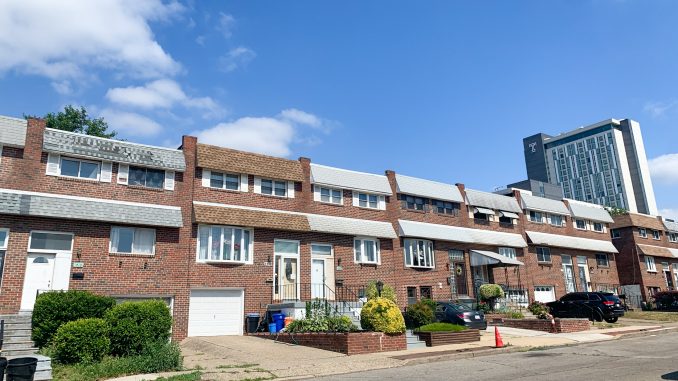
I’ve come to define community development as a collaborative effort maximized when residents, workers, politicians, stakeholders and academics alike share a common goal of neighborhood sustainability. Through the years, I’ve had the chance to volunteer within urban communities with the intent to demonstrate charity and understand the mechanics of what encourages or inhibits successful community development.
Transparency, rigidity, procedure and policy are themes not only indicative of sustainable neighborhoods but specifically resulting from the culmination of viable residents. Neighborhoods are ecosystems, and ecosystems need efficient intangible infrastructure.
Philadelphia’s Generation X, millennials and Generation Z are realizing community development discussion is dominated by homeowners and sometimes shielded by single-family zoning ordinances.
This domination rests on a premise that ultimately gives homeowners leeway to make community decisions on behalf of an entire ecosystem — leeway that doesn’t take into full consideration the voices of renters, workers, students and stakeholders; leeway that fails to equitably scale the voices of the disabled and technologically impaired; leeway that manages to remix a tune of repression that if it were on an opposing foot, would justify an injustice.
We are where we weren’t, we are what we will become.
Much of what we need is already within us, sometimes we simply need to accentuate our qualities. I am a firm believer that each of us has marginal influence within the neighborhoods we occupy. The summation of each incremental influence often determines the collective’s outcome. Sustainable community development shouldn’t be about who is or isn’t land-locked. Sustainable practice ensures all constructive individuals dedicate their time, resources and tax dollars within a neighborhood’s borders more than qualifies for them a voice and a vote.
These reasons have led me to resubmit to our city updated registered community organization bylaws, which includes expanding Yorktown’s RCO membership to anyone who resides, works or performs community service within the Yorktown RCO boundary. No longer can our sole focus be preservation if it means excluding others from our backyard.
As chairman, our new focus will be encouraging progressive and sustainable zoning practice, nurturing engagement and encouraging investment in public and private spaces to thrive, connect and renew. Contrarily, I am no longer serving as vice president of the Yorktown Community Development Corporation.
To the brilliant budding community leaders, organizers and activists of the present and future, it is important that our policies are devoid of ageism, classism, ableism, sexism and other inhibiting tendencies. Never be wavered in your attempts to improve your community’s sustainability. Sometimes we may feel like we’re on an island of our own with our voice drowned in another’s nostalgia.
Always remember, the honor is in our advocacy for housing, safer streets and business incubation. Remain transparent and be rigid as you pivot in this technological age. Adhere to the policy and procedure you create and continue being a role model for those listening and watching.
Jacob Peck is the President of Yorktown RCO, a stand-alone civic organization representing the neighborhood between Cecil B. Moore and Girard Avenues and Broad and 5th streets. He can be reached at jacobphl@icloud.com.


Love you Jacob. Stand tall as a tree, that bends with the wind, and does not snap. Community is so much more, I hope you find support in broadening the definition.
Much Love